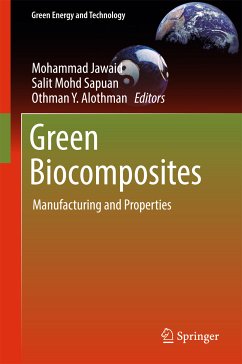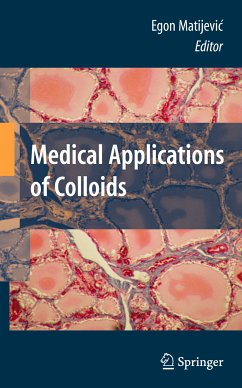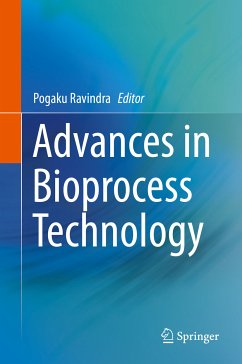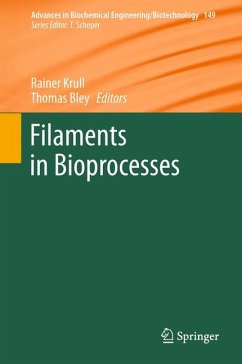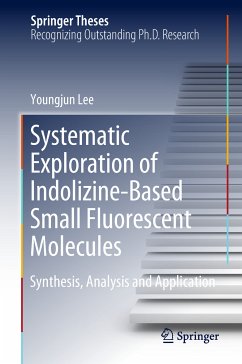
Adhesive Interactions of Mussel Foot Proteins (eBook, PDF)
Versandkostenfrei!
Sofort per Download lieferbar
72,95 €
inkl. MwSt.
Weitere Ausgaben:

PAYBACK Punkte
36 °P sammeln!
Water and moisture undermine strong adhesion to polar surfaces. Marine mussels, however, achieve durable underwater adhesion using a suite of proteins that are peculiar in having high levels of 3, 4-dihydroxyphenylalanine (Dopa). Mussel adhesion has inspired numerous studies on developing the next generation of wet adhesives. This thesis presents recent progress in understanding the basic surface and intermolecular interactions employed by mussels to achieve strong and durable wet adhesion. The surface forces apparatus (SFA) and various other techniques were applied to measure the interactions...
Water and moisture undermine strong adhesion to polar surfaces. Marine mussels, however, achieve durable underwater adhesion using a suite of proteins that are peculiar in having high levels of 3, 4-dihydroxyphenylalanine (Dopa). Mussel adhesion has inspired numerous studies on developing the next generation of wet adhesives. This thesis presents recent progress in understanding the basic surface and intermolecular interactions employed by mussels to achieve strong and durable wet adhesion. The surface forces apparatus (SFA) and various other techniques were applied to measure the interactions between mussel foot protein-3 fast (Mfp-3 fast) and the model substrate, mica, as well as the interactions between various mussel adhesive proteins. The results in this thesis show that Dopa plays an essential role in mussel adhesion and that mussels delicately control the interfacial redox environment to achieve strong and durable Dopa mediated adhesion. The interplay between Dopa and hydrophobic interactions is also evident in mussel adhesion.
Dieser Download kann aus rechtlichen Gründen nur mit Rechnungsadresse in A, B, BG, CY, CZ, D, DK, EW, E, FIN, F, GR, HR, H, IRL, I, LT, L, LR, M, NL, PL, P, R, S, SLO, SK ausgeliefert werden.





